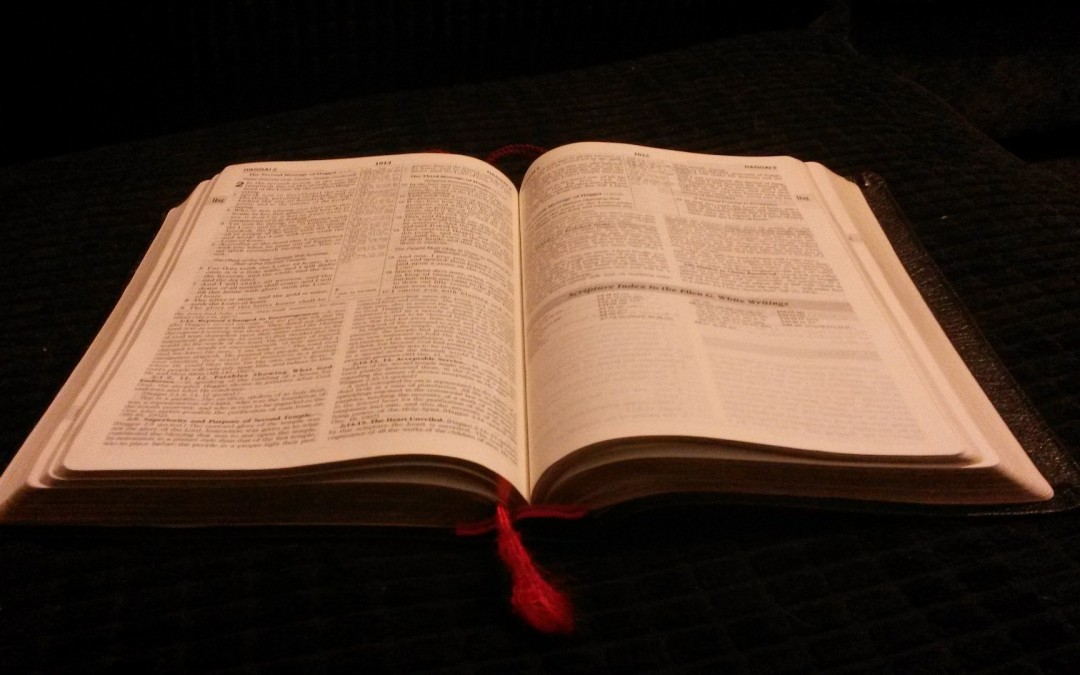Trinity 2018
Three is the hardest number. I have two sisters, one older, one younger. When the little one was born, my big sister and I first ignored her, then ran away from her, because she was hopeless at playing (she was 6 years younger than us, it must be said). I’m sure we loved her dearly, but she just couldn’t run fast enough, play tracking properly in the woods, or teach snails how to dance the maypole. My big sister and I were fine, just the two of us. Things are different now. My little sister developed the ability to organise tea parties for worms and a desire to make rose petal perfume, and could make a half-decent sandcastle by the time I stopped going on holiday with my parents and her.
Maintaining a good relationship between three people, at home, at work, as friends, is much harder than between two or four. There is always one on the edge, waiting to break in on what is going on between the other two. Ancient Rome was governed on several occasions by a triumvirate of politicians – they never ended well, as Shakespeare’s Julius Caesar aptly demonstrates. I look around at the way I work now – trinities surround me – area dean, assistant area dean & lay co chair – me and two Readers – me and two parish administrators – hmmmmm, I need to beware the Ides of March.
Fancy says that God is Trinity to show us the way that relationships can work, that God chooses the hardest combination to reveal to humanity that love can flow from one to the other to the third, equally and powerfully, for the good of the world. Jurgen Moltmann in his book, Creating a Just Future, talks of the creative power of the Trinity of love, which would be absent from a single individual or from a couple – the sparks fly between Father, Son & Holy Spirit, Moltmann states, and so creation abounds in multiplicity and seemingly infinite variety – bees with short tongues feed from plants with small flowers, bees with long tongues leave those plants for other bees and head for the depths of bluebells and foxgloves. A third type of bee has a short tongue but a serrated jaw, so takes a short cut to the nectar by biting through the side of the flower, straight to the source of sweetness. Such is the wildness of the Trinity’s imagination, and we are the beneficiaries of that creativity and love. What in human terms can appear hard work, the relationship between three individuals, becomes lovingly creative and outward-looking in the divine Trinity.
The person who tried to teach me New Testament at theological college, Stephen Barton by name, (the most Anglican Methodist I have ever encountered) always insisted on treating the Trinity as a story, a way of talking about God, which is why the word “Trinity” does not exist in the Bible – its writers are always coming up with other ways of talking about God. So, combining this view with Moltmann’s loving creativity, we get a God who reveals himself first as one, in a world of multiple deities, who then reveals himself as human, in a world where the human had lost track of its worth in the sight of a loving God, and who then fills his people with his very self, forever, so that we, the glorious results of the Trinity’s extraordinary creativity, may live to worship and to care, to share and to heal, as Christ did when he was here, showing us God, as God did, when he was the one true God, as the Spirit always has, from the beginning of created time. Our existence as the Church, the family of God, the newborn Israel, is evidence of the Trinity, of the loving creativity from which this and all worlds spring – God in us, God before us, God with us.
Now all that is fine and dandy, but does it get us anywhere other than a description of God? Is it of any help to us in our daily lives, other than a bedrock of reassurance? The answer, naturally, is yes, but it is to be found in the idea of the creative love of the Trinity. Creative love goes outward, beyond itself, to a wider orbit of operation. Love that looks outward finds reasons to love practically, reasons to demonstrate love in real ways that make a difference, that make whole, that bring healing and reconciliation. Creative love lays on hostels for the homeless, foodbanks for those whose entitled money has not come through. Creative love welcomes all, as each visitor is a reflection of the creative love of God, each neighbour, each stranger is no stranger within the creative love of God. Difference becomes an indicator of divine love in creativity, not a reason for separation. Compassion reflects this creative love by fostering inclusivity. There must be a place for everyone within God’s love and worship, because he created them, so who are we to try to keep them out? We can only love, welcome, include, celebrate everyone and anyone. Not to do so is to deny the love of God, to deny the Trinity of creative love.
So, as good Trinitarian Anglicans, we will love, we will welcome, we will include everyone and anyone who comes our way. Some will be more problematic than others, but that is just the way things are. We all have our rough edges, and those were God-given and are God-proving. And as good Trinitarian Anglicans, we need to make sure that everybody is invited, everybody knows that they are welcome, at home with the God who loves them and has provided everything they will ever need, which, gloriously, includes us.

